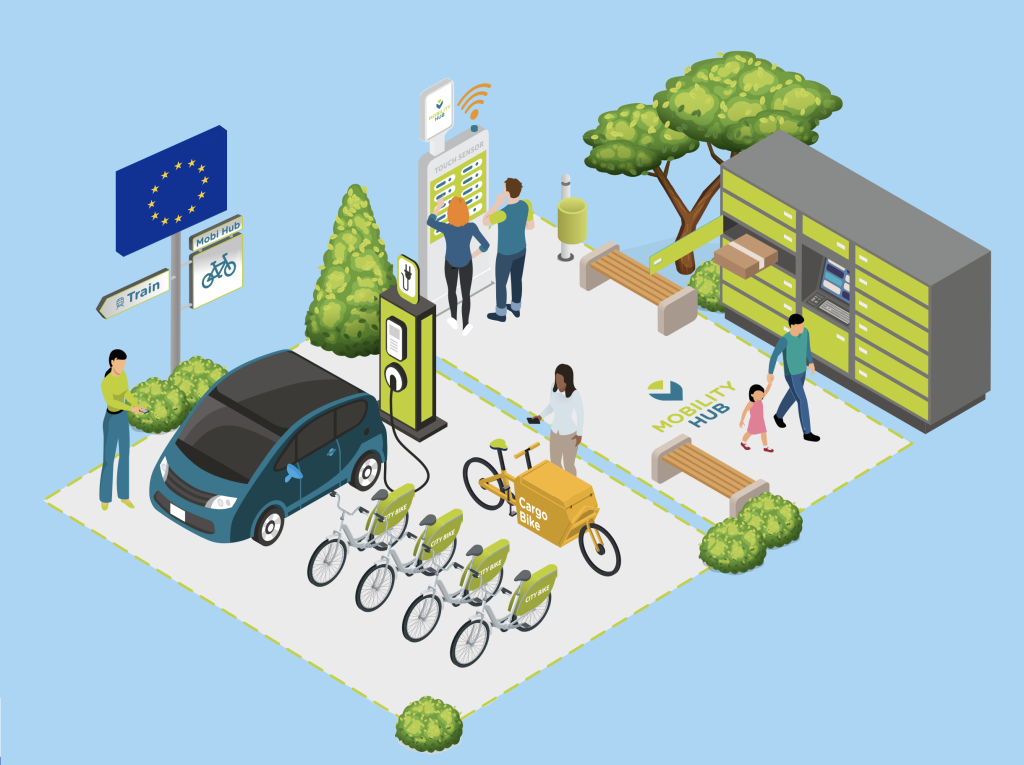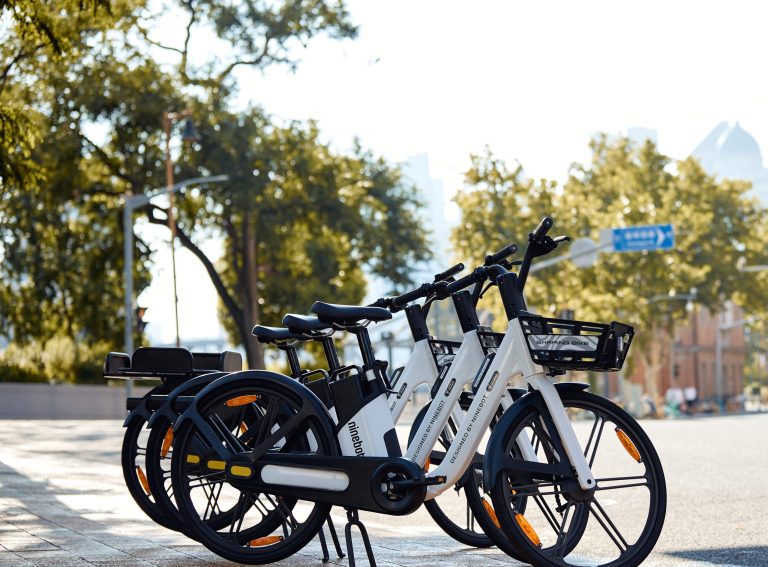Head over to the Urban Mobility Explained (UMX) platform and you’ll find more than 50 free online courses for any professional seeking to broaden their knowledge on our sector.
Supported with EU funding, UMX has approximately 30,000 learners who have started a course, with over 7,000 completions to date.
These short courses can take up to six months to design and are developed by handpicked industry experts.
“We are really proud of creating a balanced portfolio with high-quality content focused on relevant and trending topics determined by our own research and through feedback from our community,” Adrien Moulin, Course Development Manager at EIT Urban Mobility, tells Zag Daily.
“The 50 online courses are made up of text, videos, activities and quizzes and take on average 2 – 4 hours to complete.”
With 15 years of experience in the sector, Adrien has curated a portfolio of courses that cover critical areas including technology, policy, infrastructure, governance and societal issues.
Designing a course
The process of creating a new course begins with identifying an expert in their field.
Adrien explains that the most important criteria for working with an expert is their ability to help viewers understand complex systems and ideas. “The courses are short, so our experts must have the capacity to explain things in a simple and interesting manner,” he says.
A course takes between four to six months to put together from start to finish, a process that involves creating a structure, writing and editing a script, recording the final content and publishing the output.
The five-strong UMX team works closely together throughout this process, culminating in the final review stage which takes three days to finalise.
“Designing a course is expensive and time-consuming,” Adrien explains.
“But the result is high-quality free content that produces excellent levels of engagement. Course finishers are asked to provide feedback on the quality of the content, navigation and technical aspects, with our average score currently sitting at 4.5 out of 5.”
Adrien believes that UMX is unique in its focus on urban mobility at an EU and international level, and shows that the EU is now taking this subject seriously.
“Urban mobility touches on a range of skills and competencies, so it’s important to make our courses accessible to the masses.”
The courses approach innovative urban mobility topics from ten angles in order to provide a comprehensive approach to solutions and best practices.
“UMX not only offers online courses but also face-to-face learning for professionals looking to delve deeper into a topic,” adds Adrien.
“These programmes – delivered on-site, online, or in blended formats – combine challenge-based learning, peer-to-peer collaboration, and tailored activities like workshops, simulations, and coaching to meet the unique needs of individuals, organisations and ecosystems.”
5 new e-courses just gone live
UMX recently introduced five new courses focused on emerging topics, such as the way in which cargo bikes are revolutionising urban deliveries, or the fundamentals of public transport – a wide ranging topic that continues to create plenty of confusion despite its longstanding importance.
Another popular example is ‘Implementing Mobility Hubs to Reduce Car Dependence in Cities’.
Led by instructor Jens Müller, a sustainable mobility expert who has worked on transport policy in the European Parliament, the course provides a “comprehensive introduction” to mobility hubs and the role they play in reducing car usage in cities.
“Mobility hubs are an essential aspect of building a multi-modal transport system, but they remain a relatively new topic,” says Adrien.
“They enable cities to integrate several modes of transport and will play a central role in the shift away from cars.”
This particular course is separated into three distinct modules, with UMX advising that it will take about two hours to complete and is broken down into several steps of 10-15 minutes.

“By the end, learners will understand what a mobility hub is, discover the main variables that lead to success and develop practical knowledge about the implementation of new hubs.”
When Zag asked Adrien what his favourite course is, he replied: “It has to be the ‘Fundamentals of Urban Mobility’”
“I have worked in the sector for 15 years and it is one of the most interesting courses I’ve watched.”
It is presented by Dr. Paul Barter from the National University of Singapore, a consultant, researcher, trainer, writer and podcaster best known for his parking policy expertise.
Another of Adrien’s favourites centres around the use of hydrogen entitled ‘Hydrogen Technologies for a Sustainable Urban Mobility’.
“It is a topic that very few people understand, but this course gives real examples of where hydrogen is being deployed and new applications that could have significant ramifications,” he adds.
The UMX team always takes great pride in involving the community in its work.
“We put great care into selecting relevant and trendy topics by research and actively listening to our community,” says E-learning Team Manager Blanca Fondevila.
“Our community has voiced a strong preference for more interactive courses featuring expert insights. In response, we’re transitioning to blended formats for our upcoming courses. These will combine expert-led sessions with active forums, creating a more engaging and enriched learning experience.”
Adrien and the team will continue to grow the portfolio of course options moving forward with the goal of better educating people about the world of urban mobility, while also keeping on top of new and emerging trends.



